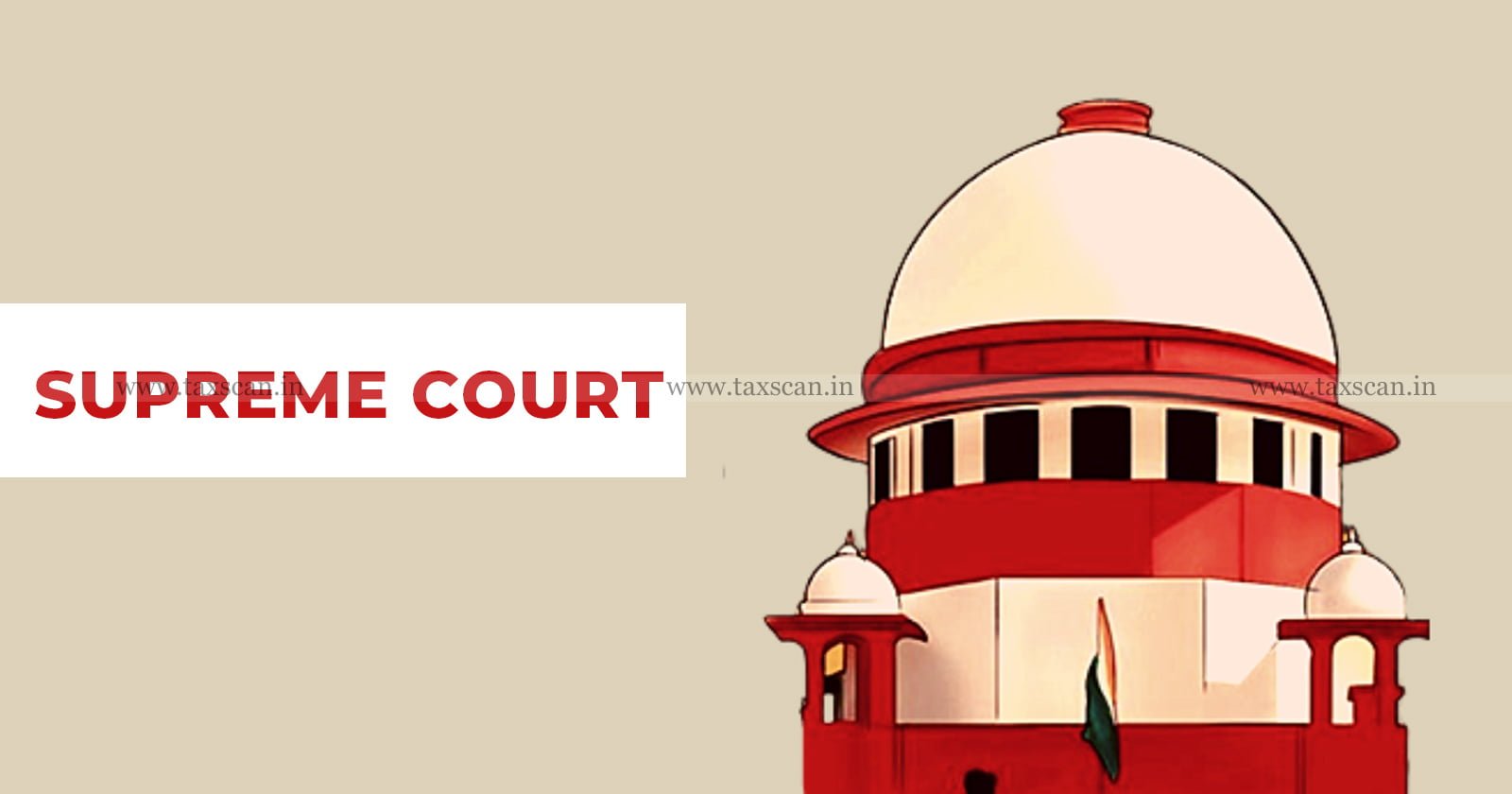Supreme Court Redirects Tax Disputes on Electricity Generation to Respective State High Courts, Union of India Granted Liberty to Expedite Resolutions [Read Order]

v
v
The Supreme Court of India has taken a pivotal decision to transfer the ongoing tax disputes related to electricity generation to the respective State High Courts. Union of India, the petitioner in this case, has been granted the liberty to expedite the resolution of these matters.
The Transfer Petition involved the Union of India as the petitioner and NHPC Limited and others as the respondents.
The central issue at hand was the vires of various State Legislations that imposed taxes and duties on the generation of electricity.
The legal dispute arose from the tax and duty obligations placed on the generation of electricity by various State Legislatures. These levies have been a matter of contention between the Union of India and private entities involved in electricity generation. The Union of India had sought to transfer the cases to the Supreme Court to have a uniform ruling on the matter, which was opposed by the respondents.
The petitioner, Union of India, was represented by Mr. R. Venkataramani, the Attorney General for India, and Mr. K.M. Nataraj, Additional Solicitor General along with Mr. Gurmeet Singh Makker, Mr. Vinayak Sharma, Mr. Anuj Srinivas Udupa, Mr. Harish Pandey while the respondents were represented by Mr. Divyakant Lahoti, Ms. Praveena Bisht, Ms. Vindhya Mehra, Mr. Kartik Lahoti, Ms. Garima Verma, Mr. Kumar Vinayakam Gupta, Mr. Saksham Barsaiyan, Mr. Sanjan Poovayya, Mr. Abid Ali Beeran P., Mrs. Sanjanthi Sajan Poovayyya, Ms. Alvia Ahmed, Mr. Abhishek Kakker and Ms. Raksha Agrawal.
The Supreme Court noted that similar questions of law were pending consideration before different High Courts across the country. The apex court concluded that, given the complexities surrounding legislative competence and jurisdiction, it would be more appropriate for the respective State High Courts to address these issues.
The two-Judge bench comprising Justice B.V. Nagarathna and Justice Ujjal Bhuyan stated, “Although the questions of law, which are stated to be common, are pending consideration before different High Courts, we do not think that at this stage, these petitions could be allowed since the matters concern the vires of various State Legislations imposing taxes/duties on the generation of electricity. Since the vires of State Legislations are under consideration vis-a-vis their legislative competence, it would be appropriate that respective State High Courts consider the said issues.”
The bench acknowledged the complexities and nuances of state-specific laws and tax regulations. While the Supreme Court retains jurisdiction over issues of constitutional importance, the decision reflects the court’s commitment to decentralise legal matters when it involves state-level regulations.
The Union of India has been granted the liberty to seek expeditious disposal of the petitions before the respective High Courts, indicating that the court recognises the urgency and significance of resolving these tax disputes for the energy sector.
To Read the full text of the Order CLICK HERE
Support our journalism by subscribing to Taxscan premium. Follow us on Telegram for quick updates


